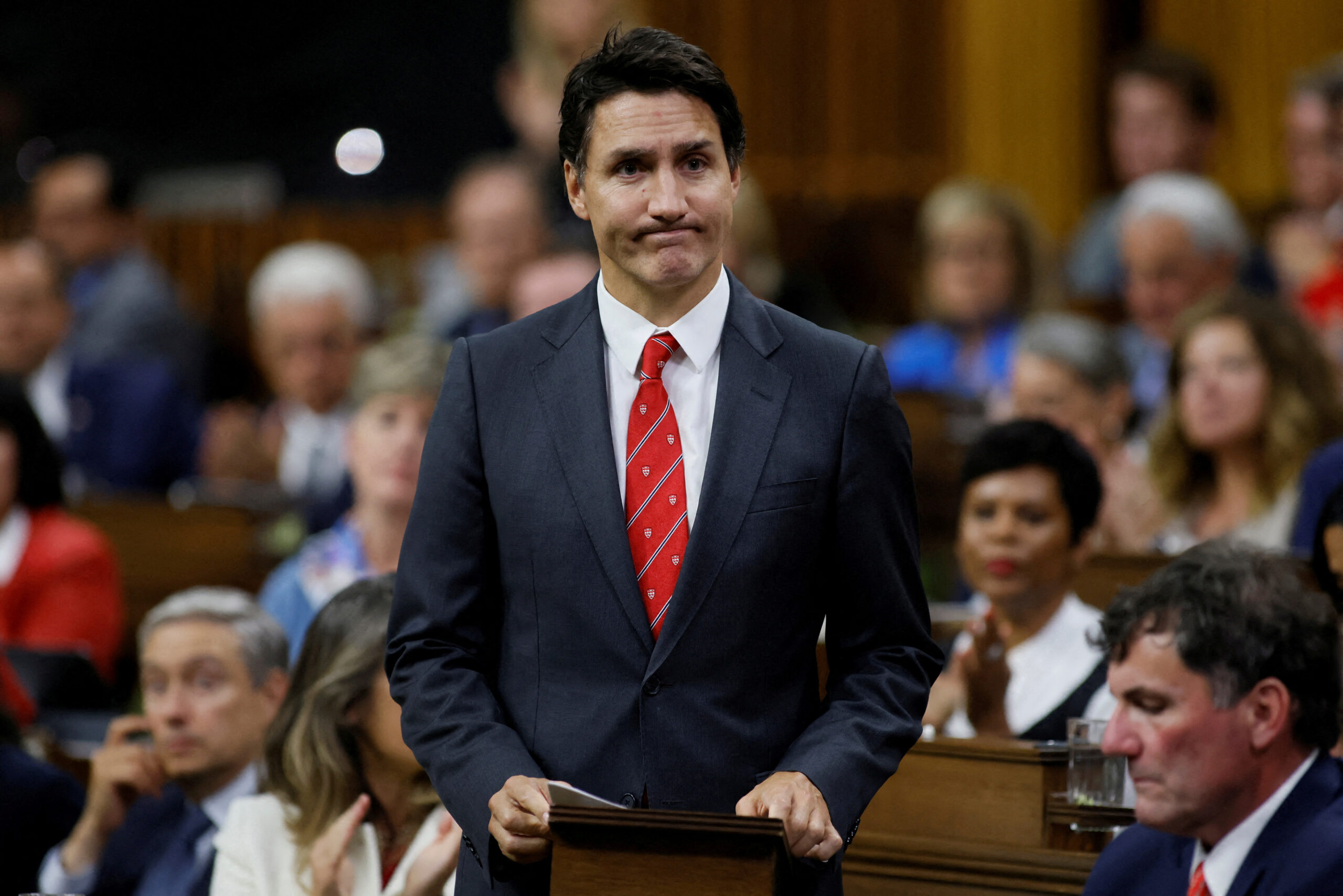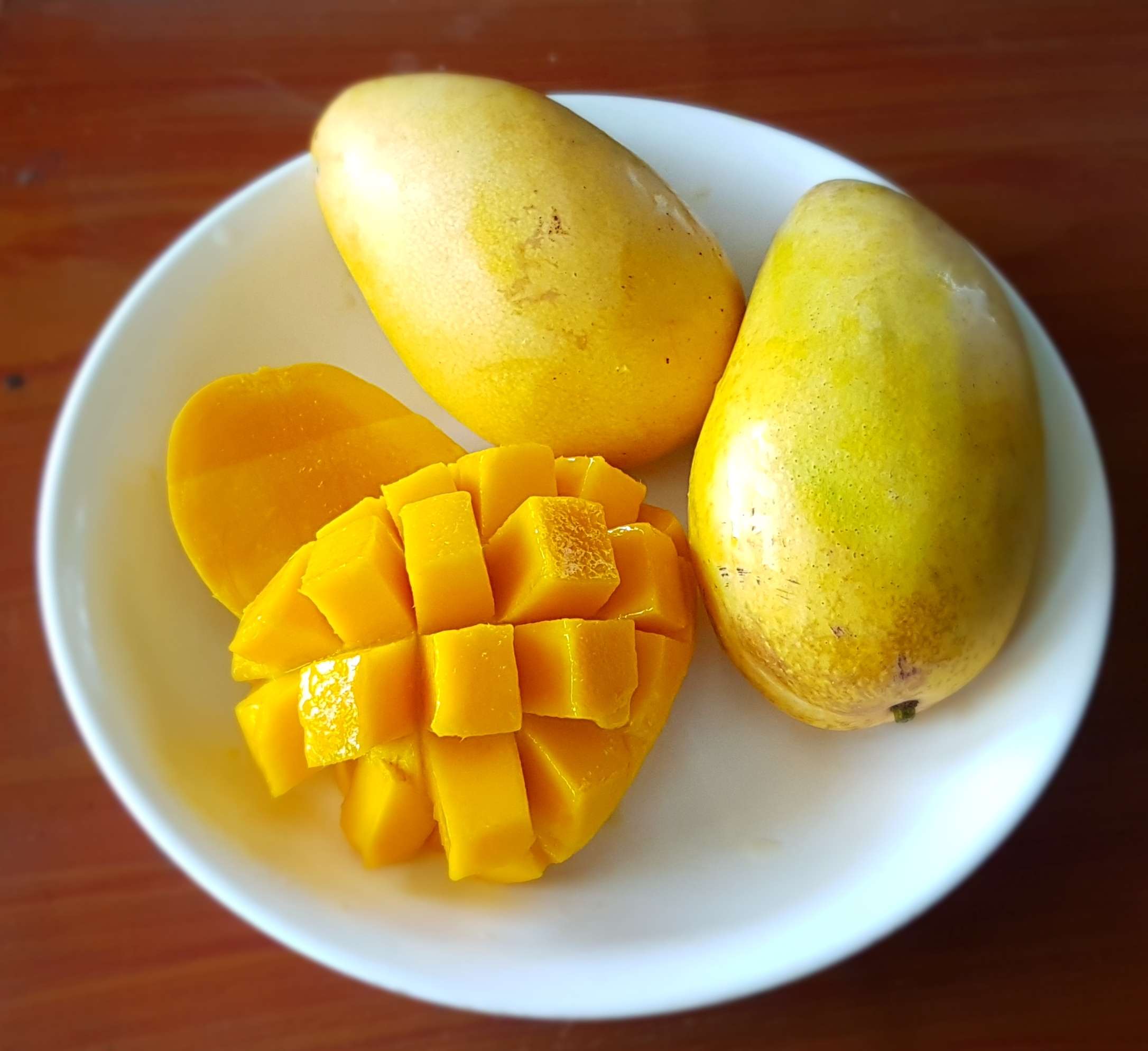Australia’s domestic intelligence chief Burgess was speaking in California on the sidelines of an historic public gathering of Five Eyes intelligence partners, of which Australia and Canada are both members
Australia’s domestic intelligence chief said he had “no reason to dispute” claims of a possible link between the Indian government and the killing of Canadian citizen and Sikh separatist leader Hardeep Singh Nijjar, reported abc.net.au.
Asked for his assessment of Canada’s allegations, ASIO director general Mike Burgess told the ABC he would have “no reason to dispute what the Canadian government has said in this matter”. He also said, “There’s no doubt any allegation of any country being accused of carrying out an execution of a citizen in that country, it’s a serious allegation, and something that we don’t do and something that nations should not do,” he said.
Burgess was speaking in California on the sidelines of an historic public gathering of Five Eyes intelligence partners, of which Australia and Canada are both members.
-
Burgess said there was a difference between community tensions, like those which have flared over a vote held as part of the Khalistan movement, and foreign interference on the part of the Indian government
-
“For us, that plays out in society, you see protests, counter-protests, and sometimes there’s communal violence or spontaneous violence.”
-
“That’s not a nation state seeking to interfere and covertly or deceptively harm and intimidate people. Of course, if we see that we will act.”
He would not confirm whether the issue was being discussed behind the scenes of the summit. But a national security source told the ABC that Burgess was briefed on the matter before the G20 summit in New Delhi.
Some Australian Sikh leaders have backed Canada’s accusations and say Nijjar’s death has made them fearful of similar violence taking place in their communities. “Whether or not it will happen here, I wouldn’t publicly speculate, I don’t think that’s appropriate,” Burgess said. “I can assure you that when we find governments interfering in our country, or planning to interfere in our country, we will deal with them effectively.”
Burgess said there was a difference between community tensions, like those which have flared over a vote held as part of the Khalistan movement, and foreign interference on the part of the Indian government. “For us, that plays out in society, you see protests, counter-protests, and sometimes there’s communal violence or spontaneous violence,” he said. “That’s not a nation state seeking to interfere and covertly or deceptively harm and intimidate people. Of course, if we see that we will act,” he pointed out.
************************************************
Readers
These are extraordinary times. All of us have to rely on high-impact, trustworthy journalism. And this is especially true of the Indian Diaspora. Members of the Indian community overseas cannot be fed with inaccurate news.
Pravasi Samwad is a venture that has no shareholders. It is the result of an impassioned initiative of a handful of Indian journalists spread around the world. We have taken the small step forward with the pledge to provide news with accuracy, free from political and commercial influence. Our aim is to keep you, our readers, informed about developments at ‘home’ and across the world that affect you.
Please help us to keep our journalism independent and free.
In these difficult times, to run a news website requires finances. While every contribution, big or small, will makes a difference, we request our readers to put us in touch with advertisers worldwide. It will be a great help.
For more information: pravasisamwad00@gmail.com








